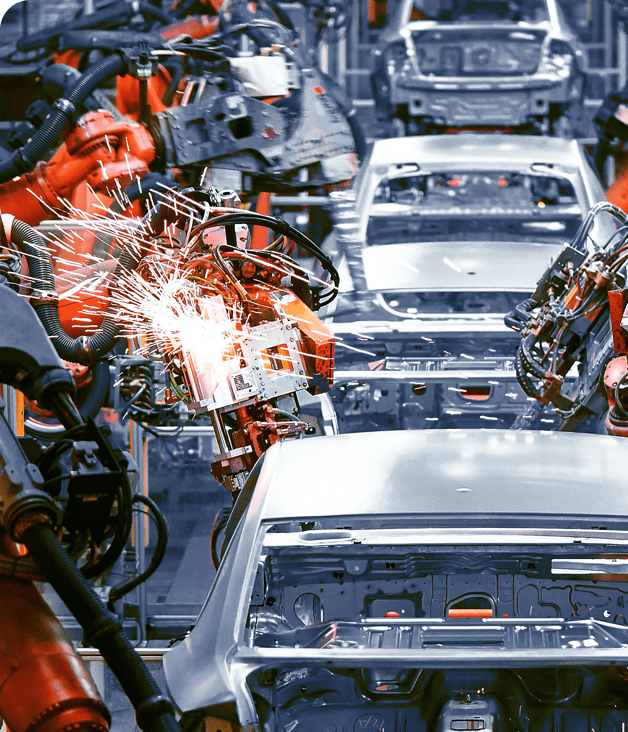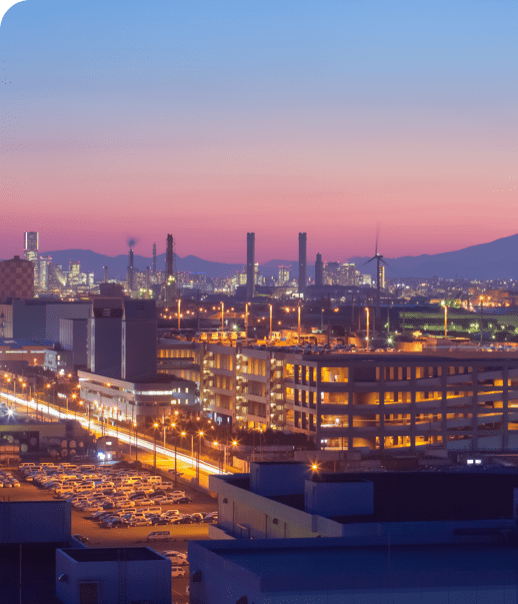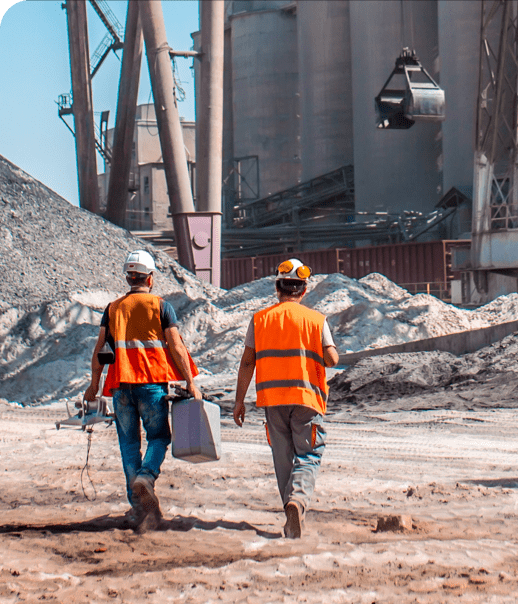Transforming the energy system requires that we reshape not only energy provision, but also energy consumption across the economy. The ETC therefore aims to accelerate the transition to net-zero emissions across multiple energy-intensive sectors. Through our sectoral analyses, we are confident that solutions exist to fully decarbonise every carbon-emitting sector of the economy. We are now focusing our efforts on the harder-to-abate sectors in heavy industry and heavy-duty transport, which represent about one-third of global CO2 emissions today.
Sector decarbonisation


We do so by inspiring, seeding, informing and supporting ambitious industry initiatives which bring together corporate leaders from key harder-to-abate value chains to define net-zero roadmaps and drive their implementation. This work is primarily undertaken through the Mission Possible Partnership a new coalition formed to accelerate the decarbonisation of global industries representing 30% of global emissions.
Led by the Energy Transitions Commission, Rocky Mountain Institute, the We Mean Business coalition, and the World Economic Forum, the Mission Possible Partnership aims to accelerate several pathways for decarbonising heavy industry and transport by unifying the critical actors needed to influence and enable industry transformation at speed and scale.
To drive tangible progress towards sector decarbonisation in the 2020s, we are encouraging collaborations on early-stage technologies; developing ambitious industry-backed policy recommendations to underpin engagement with governments; helping to create initial markets for low-carbon materials/services in partnership with coalitions of buyers; and promoting a dialogue between industry leaders and the finance community on the financing of the energy transition.

Industry
Industry is responsible for more than 12 gigatonnes of CO2 emissions globally, if accounting for the provision of power and heat to the sector. Heavy industry – cement, chemicals, steel and aluminium – represents the lion’s share of those emissions. Cutting emissions demands a profound reshaping of our industrial model towards a more circular economy. But bringing heavy industry to net zero will also require the deployment of entirely new production processes and of carbon capture.
Transport
Freight and passenger transport represents roughly one-quarter of global CO2 emissions from energy, of which 60% comes from heavy-duty transport – trucking, shipping and aviation. Mobility needs are strongly correlated with global economic growth. While the future of surface transport appears to be electric, decarbonisation of long-distance shipping and aviation will likely require low-emissions liquid fuels from bio or synthetic sources. Supply chain efficiency and modal shifts can also constitute reservoirs of emissions reduction.
Buildings
Building energy demand amounts to roughly 30% of final global energy demand. Most of this is already electrified and will be decarbonised as emissions are brought down in the power sector. Considerable energy efficiency improvement can also be achieved in both building envelopes and equipment. But decarbonising building heating is a tougher, although geographically localised, issue to solve – especially due to seasonal peak demand.


